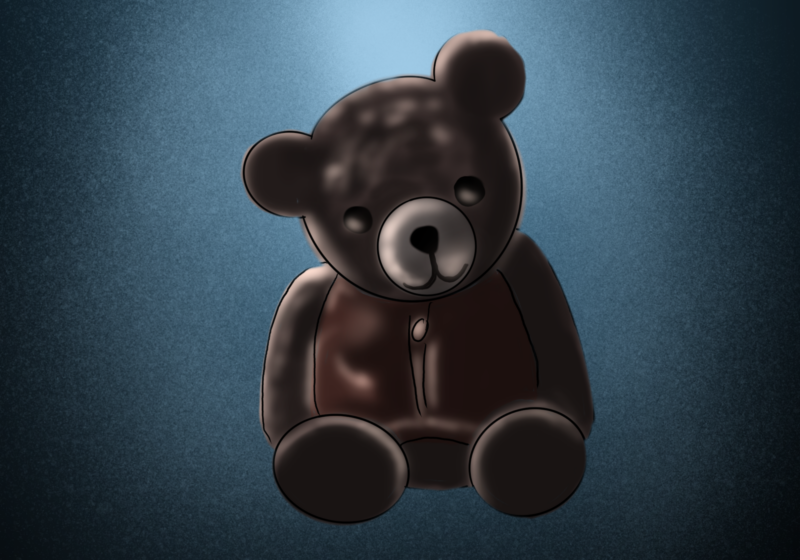This summer, I had to take the dreaded Medical School Entrance Exam, known as the MCAT. Naturally, I was a bit stressed, as the MCAT was a test I’d been anticipating my entire life. I looked into various ways to reduce my stress, and stumbled upon this quaint indie game and farming simulator called “Stardew Valley.”
“Stardew Valley” is a role playing game inspired by the ‘90s game “Harvest Moon,”, created single-handedly by Eric “ConcernedApe”’ Barone. The game’s story starts with the player character opening a letter from their deceased grandfather, informing them he’s left them his small farm.
The farm is located in the tiny Pelican Town, which resides in the titular Stardew Valley. The player is encouraged to interact and develop relationships with the inhabitants of Pelican Town. If their relationship grows strong enough, interaction options like marriage are possible. There are also many different locations to explore, like the spooky mines, a serene beach, and the town’s dilapidated Community Center.
I’ve gathered, from my own experience and others’, that people find “Stardew Valley” to be a peaceful escape. It’s a place where the complications of life are absent, where you can quietly and productively live the life of a (fictional) farmer.
When I first entered the world of “Stardew Valley,” it took me a while to get used to the controls. I didn’t know how to properly use farming tools, and sacrificed more than one parsnip seed before I got the ang of growing plants.
But soon I figured out the mechanics, and became entranced. I loved building my farm, first through growing crops and later bringing animals into the mix. I also loved interacting with the townsfolk. Even though I was fully aware that they were computer-programmed non-playable characters (NPCs), I was still entertained by unlocking more of their personalities by growing my friendships with them.
In the run up to the MCAT, I played “Stardew Valley” every night for an hour before I went to bed. It was the only thing that could calm me down from a stressful day of studying. For a long time I couldn’t figure out why it had such a calming effect on me. But by the end of the summer I knew. The game had boiled down all my essential needs into an approachable video game.
My need to be a productive person was met through the growth and productivity achieved by my farm. Every time I successfully aged wine made from a fruit I had grown, or made cloth out of sheep’s wool, I felt a small sense of accomplishment. It sounds a bit absurd — none of these achievements are real — but they felt real to me.
My need to have meaningful human connections was met through the friendships I made with the townsfolk. I gabbed about fishing with Willy the fisherman, and discussed fashion with the local fashionista Haley. Another way to grow relationships with NPCs is to give them gifts, which helps in discovering each villager’s favorite things. Because of this feature, I had the opportunity to see the villagers grow and change through my contributions to them.
Finally, my need to have a positive impact on my community was met in the game. A major task in the game is repairing the town’s Community Center. The player can accomplish this by refurbishing each room of the Community Center, and donating various items they obtain throughout the game. The items range from farming products, to gems and ore from the mine and many others. With the refurbishment of each room comes benefits for the town. These benefits range from the town’s minecarts being put back in service, to opening new areas of the game.
Overall, this past summer has informed me that you never know what media will teach you about yourself — or even about the world. That’s why all types of media, whether it be oil paintings or an eight-part TV miniseries, deserves to be made and consumed. My experience with “Stardew Valley” was personal and unexpected. I’m lucky that we are in an age where so many kinds of media are created and celebrated, so that each we can have those surprisingly heartfelt experiences.





